We're a research group in the School of Psychology at the University of New South Wales, and are interested in how the human mind works. How do people learn new concepts? How do children learn language? How do we make decisions in an uncertain world? These are the kinds of questions we hope to shed light on. We approach these questions using a mix of experimental methods and computational modelling techniques.

I am a computational cognitive scientist at the University of New South Wales. My research focuses on human concept learning, reasoning and decision making. I'm also interested in language and cultural evolution, cognitive development, and statistical methods in the behavioural sciences. Me: Google Scholar, GitHub, ORCID, OSF, Twitter, Blog, CV
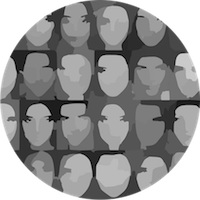
Jared Hotaling (postdoc), Jessica Lee (postdoc), Keith Ransom (Ph.D. student), Belinda Xie (Ph. D. student), Adrian Walker (Ph. D. student). Alumni.
Research in our lab examines a range of questions in cognitive science. Concept learning and reasoning are topics that are central to our work, as are language acquisition and decision making. On a methodological front, we use a combination of empirical research and computational modelling, often but not always within the Bayesian framework. You can get a sense of what we do by checking out the papers on our publication page, or browsing through our projects page. You can also take a look at our projects and resources on R programming. The core ideas in our research are reflected in our teaching resources, and we've placed a lot of those on this page too. Some examples of our work are shown here...

Introductory resources for learning to program using the R statistical computing language, aimed primarily for a psychology audience.
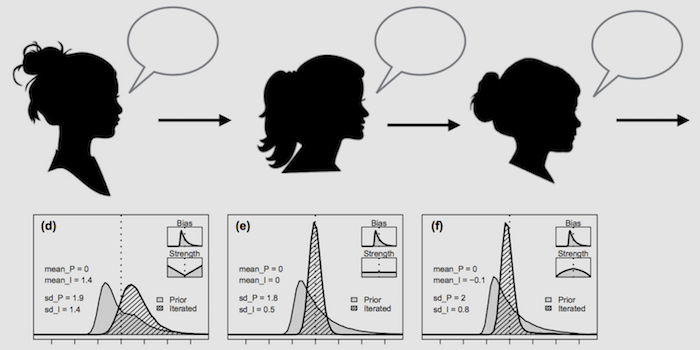
How does the process of information transmission affect the cultural or linguistic products that emerge out of that process? This project illustrates how "iterated learning" systems are disproportionately influenced by learners with the strongest biases.
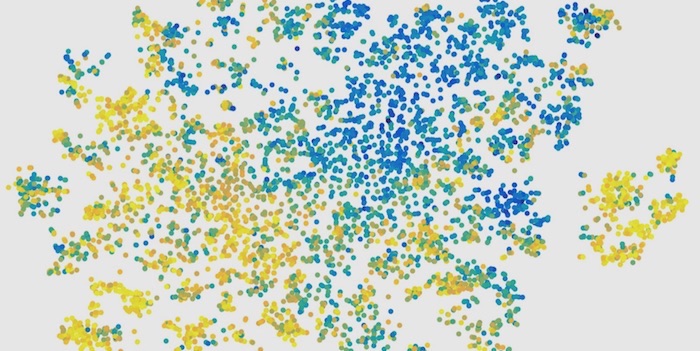
How is lexical knowledge organised in the mind? One way to examine this is to look at which words immediately spring to mind when another word is mentioned. This project collected the largest data set on word associations in English, examining associations between 12,292 cue words, collected from about 90,000 people between 2011 and 2018

This honours elective provides a gentle introduction to computational modelling of human cognition. It is structured around a series of case studies on reasoning, learning, decision making and language acquisition. Discussions focus on whether - and how - the comparison between human and the machine learning tells us something useful about the mind.
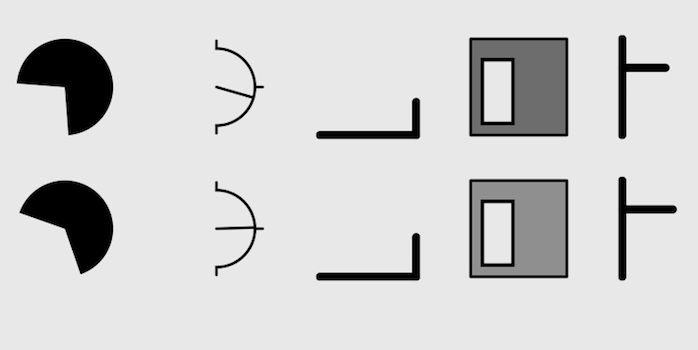
In everyday life we constantly encounter new people, events, objects etc that don't fit neatly into any of our old categories. When this happens we need to "reject" our existing categories and "discover" a new one. In this project we investigated the inductive biases that people bring to this "novelty detection" problem.
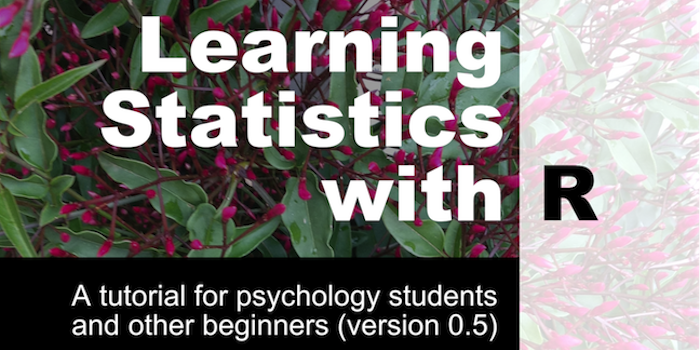
Lecture notes for an undergraduate statistics and research methods class, using the R statistical computing language. The notes became quite extensive, and are now effectively a book. The notes are freely available, released under the CC BY-SA 4.0 license.

Are people rational Bayesian reasoners? This is a recurring question in cognitive science, one that we revisit in this paper. We argue that there are two qualitatively different ways in which a Bayesian model could be constructed, one based on making normative claims about the mind and the other based on purely descriptive claims. We prefer the latter.
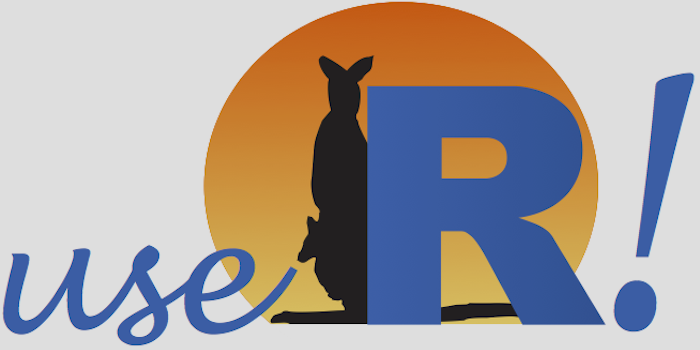
To what extent, and in what fashion, can the R programming language play an useful role in psychology? In this somewhat unplanned talk for the useR!2018 conference in Brisbane, a few thoughts on this topic are shared!

Forensic handwriting examiners testify to the origin of questioned handwriting for legal purposes. This study examines whether handwriting experts are able to estimate the frequency of US handwriting features more accurately than novices. We consider several methods for aggregating predictions from multiple experts: substantial improvements in expert predictions are possible when a hierarchical Bayesian method is used.
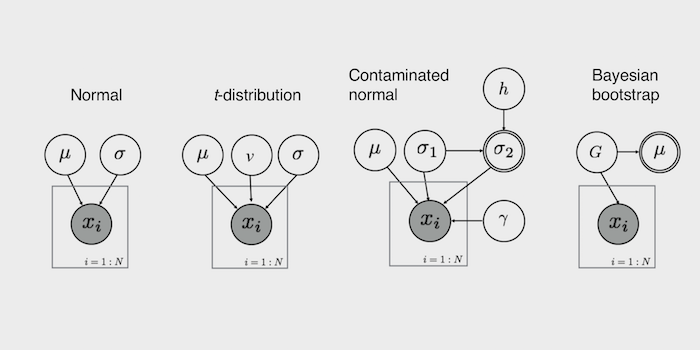
As Bayesian data analysis becomes more popular in behavioural science, it will inevitably be applied in situations that violate the assumptions underpinning the models typically used to guide statistical inference. With this in mind, it is important to know something about how robust Bayesian methods are to the violation of those assumptions. In this paper we focus on the problem of contaminated data.

This lecture series is part of a second year psychology class, and provides an introduction to cognitive psychology. The lecture materials present a brief history to the field, and then discuss key ideas in human attention, categorisation and reasoning.